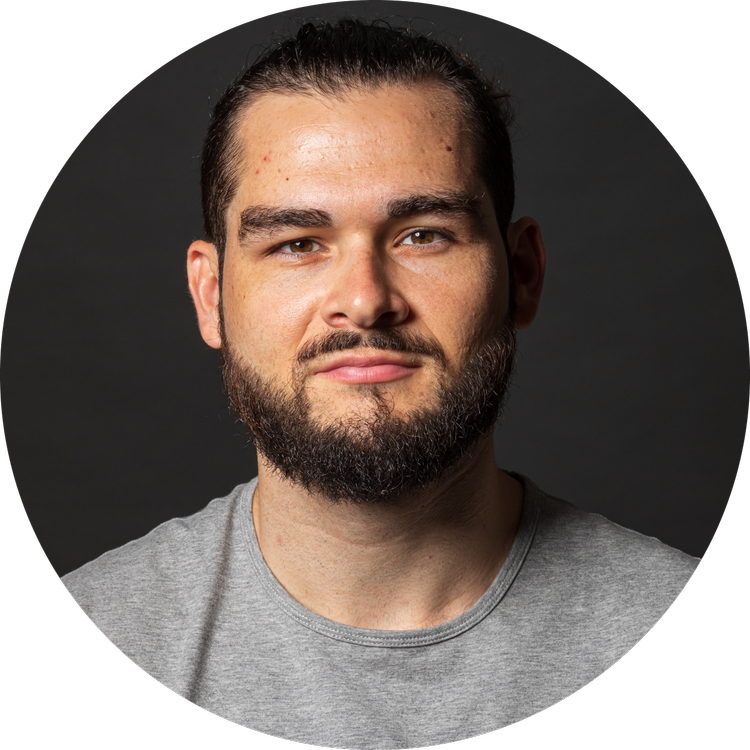Idea Stage: Theory (what does this mean? Click here.)
Read time: 2 minutes
I am starting to consider both ego and ignorance as part of the equation to exceptional results.
Reflectively I have found at every moment of my most exceptional results, it was rooted in heavy personal gains (non-physical) and also a lack of knowledge for what I was doing.
I've always heralded knowledge as the greatest advantage in the world. I read like a madman. However, I've found that as I've come to understand the systems of the world (economic, psychology, behavior, motivation, business, etc.) it's more challenging to do what you want.
For example, in college, I wanted to make a philanthropy event. So I sat down one day and drew one up. Wrote up some rules. Made a point system and voila.
It was hodgepodged together but it ended up doing pretty well and still exists today 7 years later.
However, now, when I consider creating something the first step is to always research, gain knowledge, consult experts, etc.
With the knowledge of what I am getting into it seems to become a lot more challenging. People tell you how hard it is, they show you examples of what you start to compare yourself to and you become fixated on this end product. Your advanced knowledge additionally reminds you every day how much work it is going to take and how good the others are doing it.
One example of this is just changing a bad habit.
In college, I had a bad habit of trolling Reddit, so one day I said, man screw this. So I stopped going.
That was it. Billions of dollars are spent on the psychology of changing habits.
What did I do? I just stopped. I was 18 and didn't know a thing about behavior and habits, so I didn't know how hard it could be to rewire your brain.
Another example was when I was 16. I weighed 300 lbs. A friend of mine and I started going to the gym. Him to put on muscle, me to lose weight. I knew one thing at the time: eat fewer calories than you burn and you'll lose weight.
So I picked a number, 2,000, and rode the bike in the corner every day. I would ride until I burned 500 calories.
Again, I hadn't been pulverized by the media telling me how hard losing weight was. 4 months later I weighed 220 lbs.
Considering this now, when I want to change a habit, while I am still able to do it, it's a whole different process. If I want to change a habit now, my mind runs through the most strategic way to do it.
"Well, it's all about long-term consistency, Andrew. Are you adopting this for a lifetime? Is this bad habit a response to a cue? What is the cue? How can I remove the cue from my life?"
This is the monster I have become.
While it's still very possible to change a habit, it's rooted in complex strategic thinking which is the result of my insatiable curiosity to understand behavior, to be more effective, and to have the answers.
The way I look at this is knowledge is a double-edged sword. If you use it right, you can hack through the weeds and define your own path in the forest, but if you don't know what you're doing, you'll cut off a finger.
Perhaps knowledge really is a sword. Reading books and living life is someone handing you the weapon, but it takes years for you to truly master its use, and if you’re lucky, you’ll still have 10 fingers at the end.
